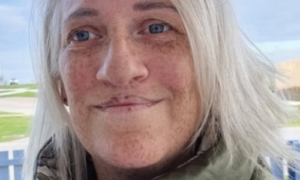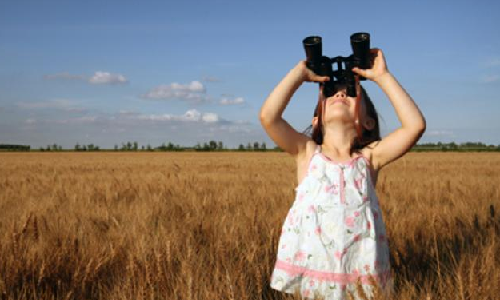Macquarie University linguistics lecturer Della Goswell — an Auslan/English interpreter and educator — believes that the lack of access to a first language for some deaf children had created “a generation of deaf adults who are frustrated and angry they didn’t get the education and socialisation they deserved from the start”.
She said many deaf children experience an “illusion of inclusion”: they may be in a classroom with other students but they’re not accessing what other children are accessing because of a lack of communication skills.
“If your hearing is good enough with cochlear implants and you can keep up with the class that’s one thing, but the deaf kids who don’t have enough hearing to do that or have unsuccessful implants are in a little world of their own without access to what’s going on. They don’t fit in anywhere.”
“Deaf adults who are language deprived can have huge holes in their world knowledge and relational skills. Mental health is a significant issue for deaf people because of the struggle to be understood and to belong somewhere. Solitary confinement is what I’ve heard some deaf people call what they have gone through.”

Chelle Destefano was born profoundly deaf. She was given a cochlear implant aged 13 and said she was led to believe she would be able to hear clearly, but it never happened.
Ms Destafano can only make out different sounds like birds, cars or a phone ringing, but individual words are extremely difficult to decipher.
She learned Auslan when she was 14 with the help of friends, but she said there were gaps in her knowledge of the language because she missed out on learning it from a young age.
“When I first learned, I felt excited, amazed, freeing, and felt like I belonged somewhat. It got me in touch with the deaf community, but that took years,” she said.

